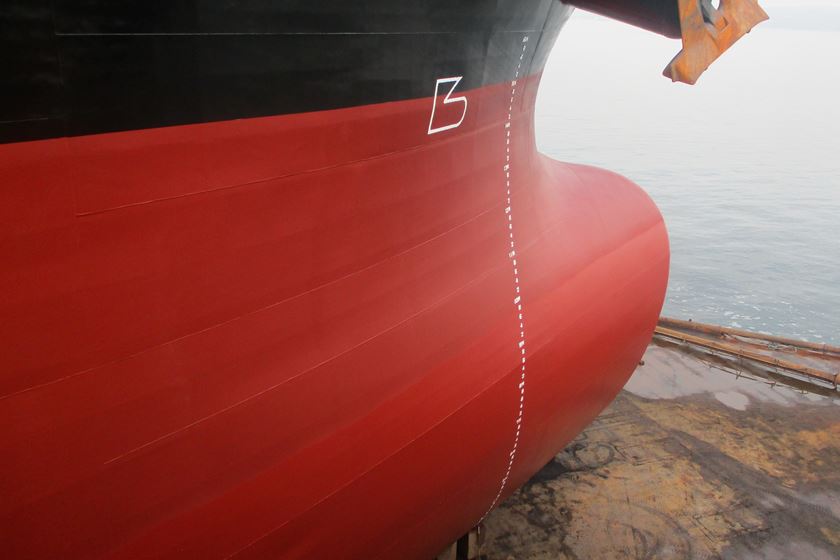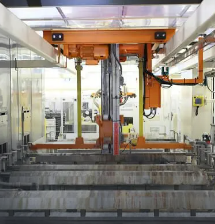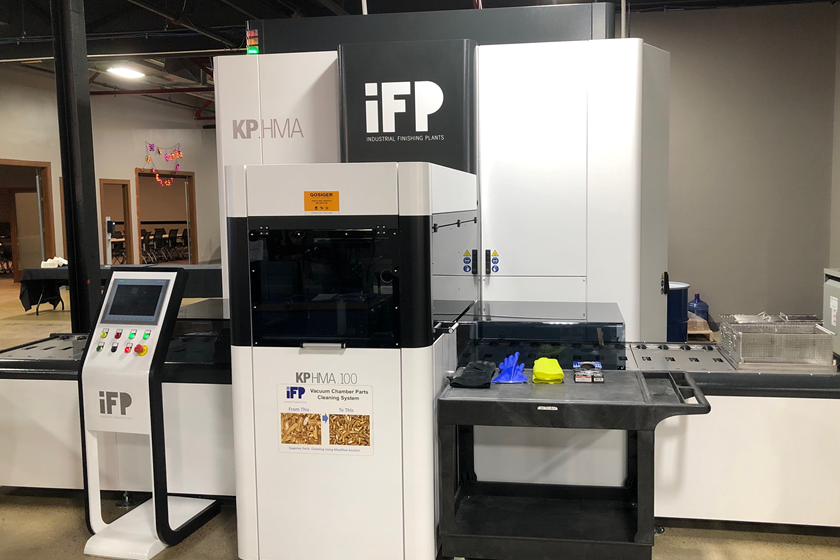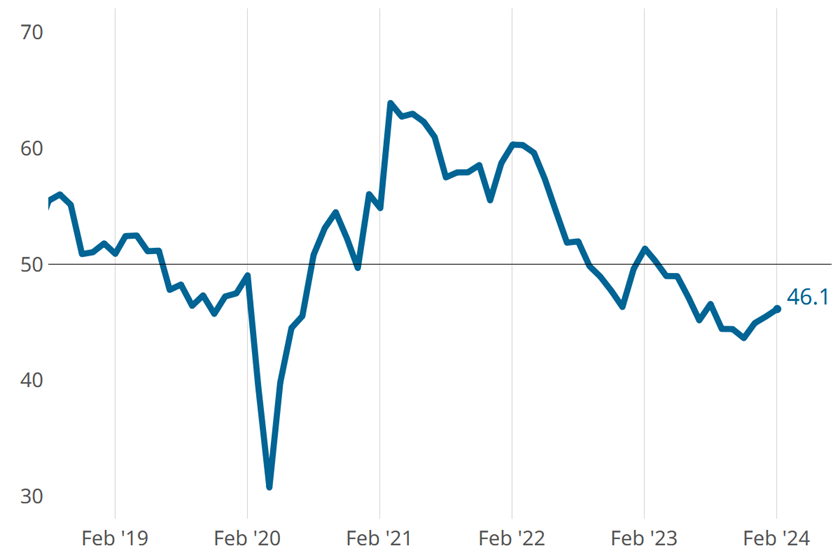A Conversation With...Mark Ormiston
Director, Research & Development, Anomatic Corp.
As director of research and development at Anomatic Corp., a Newark, OH-based anodized aluminum packaging company, Mark Ormiston knows what it's like to be constantly faced with a demand for more sustainable, green products and processes.
#sustainability
As director of research and development at Anomatic Corp., a Newark, OH-based anodized aluminum packaging company, Mark Ormiston knows what it's like to be constantly faced with a demand for more sustainable, green products and processes. Serving cosmetics and personal care companies from Bath and Body Works to L'Oréal, Anomatic not only has to be green, but pitch-perfect in color and quality from its in-house metal stamping process to its added value services like decorating and assembly. We recently caught up with Ormiston to chat about the company's sustainability effort and some exciting green projects in the pipeline.
Tell us about Anomatic's core business.
M.O: Our core technology is decorative anodizing. We run about a billion pieces through this plant every year. Most components are things that have to do with cosmetics, toiletries and personal care industries. We form the aluminum into various clasps and closures on products like lipstick tubes and perfume bottles. Then we clean the stamping oil, anodize in clients' individual colors and then some go directly to clients and some get assembly or decorating performed. Pretty much anything you see at the department store counter with anodized aluminum parts, we have either done or done something exactly like it.
What project that you're working on has the most momentum right now?
M.O: The biggest thing that has momentum is our new cleaning and oil recovery technology. In an effort to reduce carbon-based energy sources, we've moved to a closed-cycle vapor technology able to use 90% less energy for equivalent cleaning of parts. Before, we had aqueous cleaning methods, which require a lot of energy both to heat the water and to dry the parts off. And in addition, the water-based technology doesn't allow you to recycle the oil for its intended use. In our case, the stamping oil was able to be used as a low-BTU heating fuel, but we didn't get any reuse of out of it because it was all bound up with the emulsified cleaner.
The new system allows you to reuse the oil?
M.O: The Dupont Vertrel system we've moved to uses 90% less energy because it's not heating up or drying all that water. That is a huge help for our use of carbon-based fuels. We're able to recover our oil with recovery modules—filters and such—the oil goes right back into its intended use. The oil is a high-performance deep draw stamping oil—not cheap. When we have full implementation, the process will save 80-90%. So it's both a cost savings and an environmental sustainability for us. We've had the first unit in full production for 2-3 months and we're optimizing it before we get the second unit online.
What else are you working on?
M.O: In 2009 we marketed a new aluminum alloy that has high amounts of recycled stock. In alloys destined for anodizing, you have to be careful of where they came from because the conversion coating is highly sensitive to upsets in metallurgical chemistry and conditions. Recycled heavy metals from things like road signs or car batteries can upset the balance. You have to be careful that you're not buying an alloy that one day has 5% recycled beverage cans and the next 20%.
Often, we use alloys with a high percentage of mill scrap—so it's simply melted down and not converted from raw ore. It's environmentally friendly but it doesn't fit the post-consumer labeling. We spent time searching, though, and recently found a stable source, so we can market this new alloy with a minimum of 20% post-consumer recycled materials. It's really significant for some of our cosmetic company clients who want to embellish their marketing campaigns.
Any "pie-in the sky" projects in the works?
M.O: An exciting project that we're partnering with cosmetic firms on is total package recycling. This is something with a lot of potential that we can't simply do on our own. One of the things we have struggled with is the inability to recycle the packaging due to the plastic and anodized ratio—packaging can't be made back into plastic, but it also can't be made back into aluminum. I've been working on the possibility that the consumer could send back enclosures to a store and they could go on their separate recycling paths.
RELATED CONTENT
-
How to Maximize Nickel Plating Performance
The advantages of boric acid-free nickel plating include allowing manufacturers who utilize nickel plating to keep up the ever-changing regulatory policies and support sustainability efforts.
-
Mechanical Vapor Recompression Evaporation
MVRE is underutilized in the treatment of industrial wastewaters that are typical of metal fabricating and finishing industries. Increasing energy costs, rapidly decreasing freshwater resources, and growing sensitivity towards the environmental impact of industrial management practices are the driving forces in the development of more sustainable technology.
-
Development of a Sustainability Metrics System and a Technical Solution Method for Sustainable Metal Finishing: AESF Research Project #R-121, 6th Quarterly Report
The NASF Research Board has funded a research grant at Wayne State University on sustainability in the surface finishing industry, under the direction of Professor Yinlun Huang. The objective of the work is to create a surface-finishing-specific sustainability metrics system to measure economic, environmental and social sustainability. In this report, a benchmarking study of five plants was undertaken to illustrate how the sustainability assessment works.















